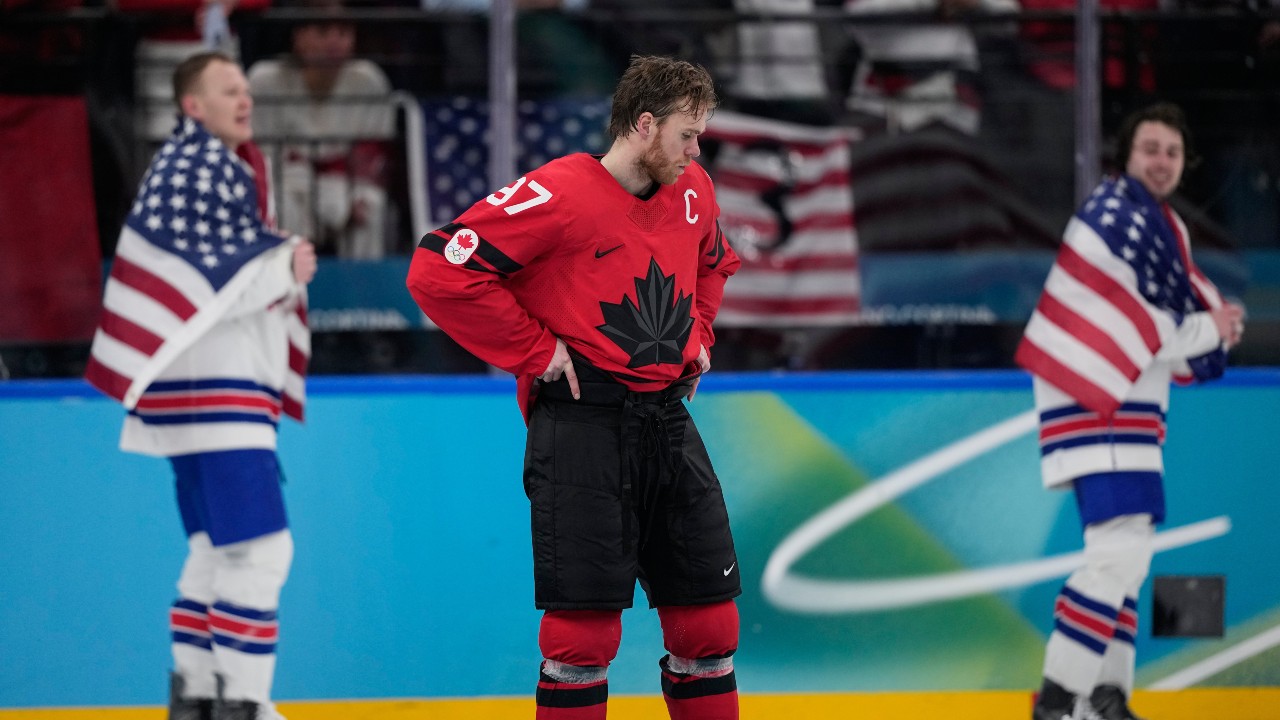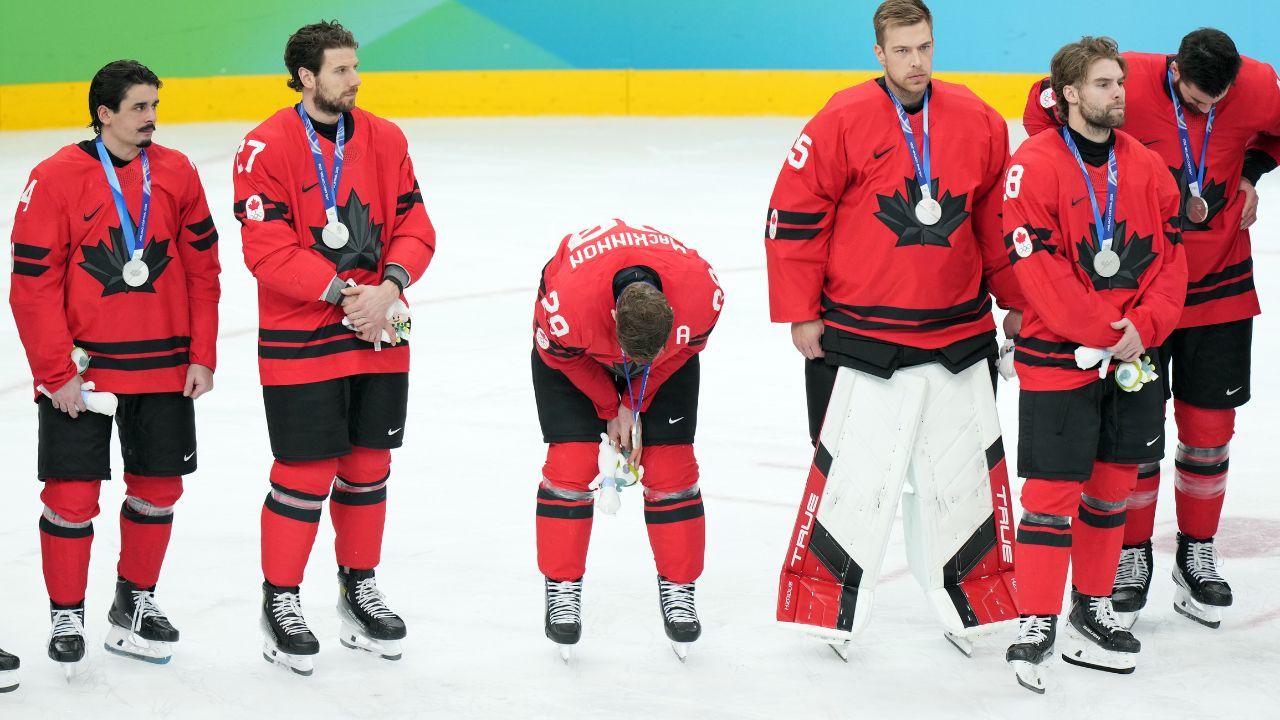
TORONTO – In the hours before players voted against a back-to-play framework and Major League Baseball owners voted unanimously to proceed with a 2020 season, I watched Toronto Blue Jays Rewind on Sportsnet, featuring a 10-9 win over the Boston Red Sox from May 28, 2016.
Baseball, I was reminded, is pretty amazing.
The competition. The characters. The crowd. The vibe. As much as I try to be dispassionate in my work, I really do miss all that awesome, especially given what we’ve collectively endured over the past three months of COVID-19 shutdown.
Now, I’m not going to get hokey and saccharine, and I certainly don’t want to speak for others, but I assume plenty of baseball fans feel similarly. There was a priceless opportunity here to service that audience within a relative sports vacuum, amid an unprecedented global health crisis, and to convert new fans otherwise disinclined to engage with the sport.
Instead, Major League Baseball alienated its consumer base and the wider market with a distasteful and largely pointless attempt to undercut the March 26 agreement committing to pro-rated pay for players that was supposed to serve as a road map through the pandemic.
Remember, owners initially floated a 50-50 revenue share that was essentially a masked salary cap, only to offer the same salary percentage in different ways multiple times before, last week, breaking a self-created impasse by agreeing to honour what they’d already agreed to.
Ugh.
Even then, commissioner Rob Manfred and union head Tony Clark clashed on whether they’d established a framework agreement for a return to play or not, with each side drawing a line in the sand over a 10-game gap, refusing to find middle ground on a 65-game season.
That led to Monday’s drama.
First, the MLBPA’s executive committee voted 33-5 to turn down the owners’ 60-game plan. Then, MLB responded by unanimously approving plans for a 60-game season, dependent on players agreeing to a July 1 reporting date and finalizing a health and safety protocol by 5 p.m. ET Tuesday.
Hard to imagine a more disheartening “Play Ball” cry.
Given the circumstances it’s so beyond ludicrous, there isn’t even a word for it.
And all that for what?
A common phrase I’ve heard to describe the past two months is the impolite version of “excrement show,” and even with all the ducks seemingly aligned now, one person suggested the sides would still find a way screw things up.
Another warned not to think anything is done until the pieces are locked in place.
“The fact these people can’t be in the same room with each other is brutal,” said a third. “They both are selfish.”
Returning to play without issue could have really been game-changing for a sport already wrestling with the dual challenges of an aging fanbase and a seeming disconnect with younger demographics.
Yet the sides managed to create what’s essentially an amuse-bouche for the main course of labour strife looming with the current collective bargaining agreement’s expiry in December 2021.
Cincinnati Reds ace Trevor Bauer summed it up pretty nicely in the following tweets from a thread after word broke that the players association had voted down MLB’s offer, and Manfred again pushed back his threat to impose a season.
It’s absolute death for this industry to keep acting as it has been. Both sides. We’re driving the bus straight off a cliff. How is this good for anyone involved? Covid 19 already presented a lose lose lose situation and we’ve somehow found a way to make it worse. Incredible.
— Trevor Bauer (@BauerOutage) June 22, 2020
If there’s going to be a fight the time for that fight is after the ‘21 season when a new CBA is negotiated. 5 years of potential change. We’re doing irreparable damage to our industry right now over rules that last AT MOST 16 months. WTF kind of sense does that make?
— Trevor Bauer (@BauerOutage) June 22, 2020
A frightening thought that should shake the industry to its core is that if this is how the sides behave amid a pandemic, when a unique window of opportunity existed to grow the sport, what type of conflict looms when the game’s economic structure is up for the reset it truly needs in a year and a half?
Too often obscured in the recent quarrelling is how to mitigate the risk to everyone with COVID-19 surging in multiple U.S. locales, including Florida and Arizona, where all 30 teams have their training bases.
As Brett Anderson tweeted:
What happens when we all get it?
— Brett Anderson (@_BAnderson30_) June 23, 2020
All training facilities were shut down over the weekend after an outbreak at the Philadelphia Phillies’ camp and a symptomatic player at the Blue Jays’ facility, with clubs instructed to prepare for the season in their home cities instead.
Beyond health concerns, there are myriad logistical issues, too, for the Blue Jays, who at this point aren’t even sure where their players should report. The border remains closed, putting the team’s hopes of playing in Toronto this summer in jeopardy, and the backup plan in Dunedin appears to be off the table, at least for now.
Sharing Tropicana Field with the Tampa Bay Rays, a possibility considered before the club really zeroed in on Dunedin, has been brought up, although nothing is settled.
Put all together, baseball is now facing a remarkably difficult sprint to attempt this afflicted season, in the face of a relentless pathogen, after a senselessly bitter negotiation that’s left everyone a little tart.
What a shame that a game so easy to love made itself so easy to hate.





